
Owning an RV opens up a world of adventure, offering the freedom to explore new places at your own pace while bringing the comforts of home with you. However, the excitement of this newfound freedom can sometimes lead to costly mistakes, especially for those new to the RV lifestyle.
Navigating the learning curve can be challenging, with many first-time RV owners falling into common traps that can turn what should be a relaxing trip into a frustrating experience. From overpacking and poor weight distribution to missing out on essential maintenance, these pitfalls are easily avoidable with the right preparation and knowledge.
In this article, we’ll dive into the top 10 mistakes new RV owners make, offering practical advice and tips to help you sidestep these issues and ensure your RV journeys are as enjoyable as they are memorable. Whether you're planning your first trip or looking to refine your RVing skills, this guide is here to set you on the right path.
Disclaimer: Some of the links on this blog are affiliate links, meaning, at no additional cost to you, we may earn a commission if you click through and make a purchase. We only recommend products or services we believe will add value to our readers. Thank you for supporting our site.
1. Skipping the Practice Run
Jumping straight into your RV without a practice run is a recipe for unnecessary stress! Many new RV owners hit the road for their first trip without testing out their RV locally. We get it, it's exciting!
Before embarking on that long journey though, plan a short trip closer to home. This allows you to get comfortable with your rig, understand the setup and takedown process, and practice driving and parking. Most importantly, you'll find out quickly the things you need for the next trip!
Even practicing in your driveway can be beneficial, especially for getting familiar with the controls and how everything works on your rig. The major benefit... If you forget something, just go to the house and get it!
Additionally, a practice run to the nearest dump station will familiarize you with the sanitation process, ensuring a smoother experience when you’re on the road.
2. Overloading the RV
Understanding your RV’s Cargo Carrying Capacity (CCC) is crucial. Overloading your RV can lead to many problems from accidents caused by sway to damage to suspension and axles.
Stick to the essentials and be mindful of the weight of everything you bring onboard. Aim to use only about 75% of your RV's CCC to give yourself a safety margin. Remember your dry weight is exactly that, meaning your tanks are empty. If they are not empty that weight goes against your CCC.
For those with travel trailers or fifth wheels, it's also essential to distribute weight correctly to avoid that possible sway while driving. Ensure 60% of your packed weight is on the front side of the axels.
Place heavier items over the axles and ensure the tongue weight is balanced to help maintain stability on the road. It's also important to know your tow vehicles limitations, like towing capacity, tongue weight and payload!
3. Trusting Regular GPS Apps
Relying on Google Maps or other standard GPS apps can lead to sticky situations, such as low-clearance bridges or weight-restricted roads.
Investing in an RV-specific GPS or using apps can save you from these headaches. These tools are designed to guide you on RV-friendly routes, avoiding obstacles that could ruin your trip.
We recommend the Trip Wizard from RV-Life! It takes into account your specific make and model of RV. It's height and length to give you the best route for your rig!
4. Neglecting a Pre-Trip Checklist
It’s easy to overlook small but crucial tasks when you’re excited to hit the road. A checklist can help prevent issues like leaving the antenna up or forgetting to retract the steps. A final walk around is the most important step you can make the habit of doing, to avoid having mishaps or forgetting something at the site! Things like making sure you grabbed your water pressure regulator or power adaptor.
Additionally, having a packing checklist is just as important. This ensures you don’t forget any basic essentials, from kitchen supplies to first aid kits. Being thorough with both your pre-trip and packing checklists will save you from last-minute stress and potential oversights.
Checkout our Blog on the Essentials of Packing your RV!
5. Buying Too Many Gadgets
New RV owners often go overboard purchasing gadgets and accessories, many of which end up unused and take up valuable space.
Start with the basics like the water hose and regulator, sewer hose and attachments, and adapters for your shore power cord, like the all-important surge protector!
Then you can add on- more items as you discover what your needs are (and wants) are! There are plenty of exciting gadgets out there for your RV, some are more useful that others! Checkout Essential RV Gadgets for some of the more useful ones!
This approach helps avoid clutter and wasted money, and nobody wants to do that!
6. Driving at Night
Driving an RV at night can be daunting, especially for beginners. Limited visibility increases the risk of accidents, so it’s best to plan your trips during daylight hours until you’re more experienced with your RV.
Also, keep in mind that some campgrounds operate on a first-come, first-served basis. Arriving late might leave you without a spot to stay, adding unnecessary stress to your journey.
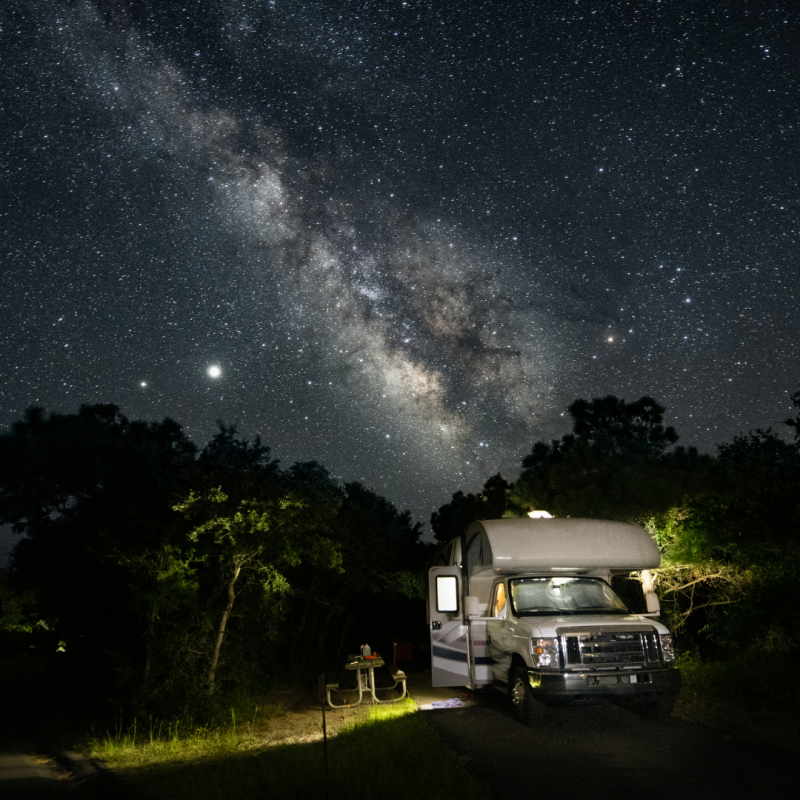
If that does happen, know what your options are for a quick overnight stays somewhere safe, until you can hit the road again! Places like Retail parking lots (that allow RV Parking), Walmart and Cabella's are popular spots. Some Rest Stops allow overnight parking, even Truck Stops (do your research on this one though), and there are boondocking sites like Boondockers Welcome, and Harvest Hosts that are great for a quick stay!
7. Leaving the Tanks Open
Leaving your black and gray water tanks open while connected to a sewer at a campsite can lead to unpleasant odors and inefficient waste disposal. It’s better to keep them closed and empty them when full to maintain proper hygiene and functionality.
When you leave your black tank open, the liquid waste drains out, but the solids can get stuck and build up, creating what’s known as a "poo pyramid.
This can cause serious clogs and unpleasant odors. To avoid this, always keep the black tank closed and wait until it’s at least two-thirds full before dumping.
Then, follow it up by dumping the gray tank to help flush out any residue left in the hose.
While you might think that conserving water is the right idea when your camping, especially if you don't have all the hook-ups. Water is your friend when it comes to your tanks! Don't learn this the hard way!
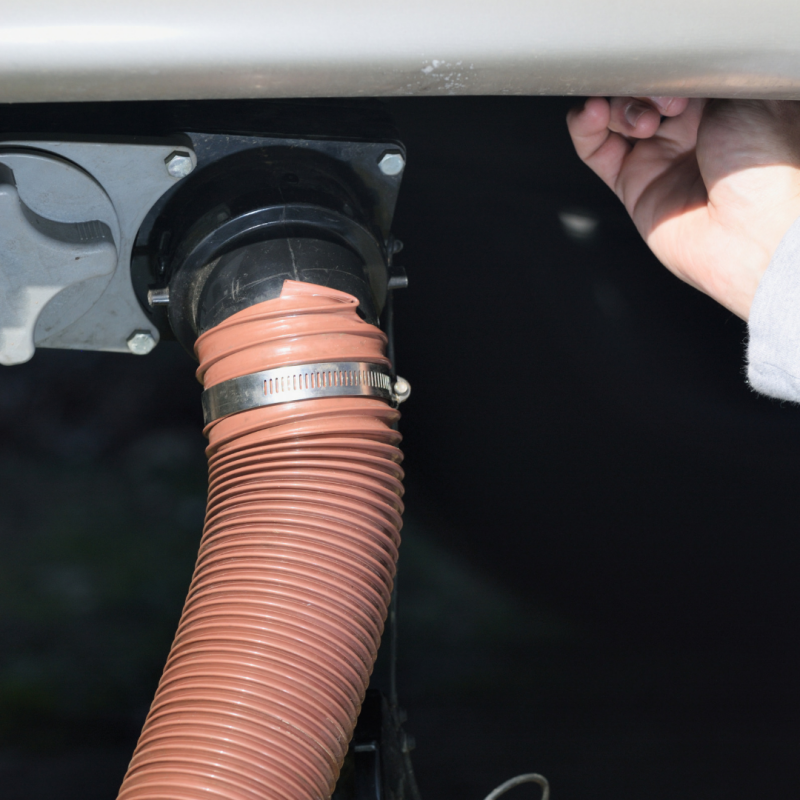
8. Skipping Routine Maintenance
Neglecting regular maintenance can lead to costly repairs down the road. Whether it’s checking the roof seals, servicing the engine, or inspecting the tires, staying on top of maintenance ensures your RV remains roadworthy and safe.
Routine maintenance should be started as soon as you pick up your new RV. Ignoring your RV’s upkeep can lead to serious issues, such as water damage from unsealed areas or mechanical failures that could have been easily prevented.
Stay tuned for our comprehensive RV Essentials Maintenance E-book! It will be packed with all the Maintenance inspections and how-to's that every RV'er is looking for! Coming next month! For now check out our RV Maintenance Guide page!
9. Choosing the Wrong Campsites
For your first trips, opt for pull-thru sites rather than back-in sites. Beware, you may fall in love with the pull-through sites! Eventually though, you'll need to back-in, so again practice this skill in your driveway if necessary.
Pull-thru's are easier to navigate though and will help you avoid the frustration that can come with maneuvering your RV into a tight spot.
Regardless of your experience level, investing in a backup camera is highly recommended. It’s a valuable tool that makes parking and maneuvering into back-in sites much more manageable, reducing the risk of accidents and damage.
10. Ignoring the Importance of Communication
RVing often requires teamwork, especially during setup and breakdown.
It's important to have clear communication with your travel companions and is essential to avoid mistakes and ensure a smooth process.
Practicing roles and using hand signals (no, not the one that comes to mind!) can help avoid misunderstandings. You can also use walkie talkie's to communicate. Works especially well when backing your rig up. Remember you may not have good cell-service, so phones might not be an option.
A well-practiced routine, coupled with effective communication, can make setting up camp a breeze and prevent frustrations that often arise from miscommunication.
Embarking on your RV journey is a thrilling experience filled with the promise of adventure, freedom, and discovery. However, as with any new endeavor, there’s a learning curve that comes with its own set of challenges. By understanding and avoiding the common mistakes new RV owners often make, you can ensure that your time on the road is filled with enjoyment rather than frustration. Whether it’s taking the time to practice driving, understanding the importance of weight distribution, or recognizing the need for routine maintenance, each lesson learned will contribute to a safer and more enjoyable experience.
Remember, the key to a successful RV lifestyle is preparation, patience, and a willingness to learn from each journey. Don’t be discouraged by the initial hiccups; instead, view them as opportunities to grow and become more confident in your RVing skills. With every trip, you’ll become more adept at handling your RV, making smarter decisions, and ultimately, creating unforgettable memories on the open road.
Your RV adventures are a chance to connect with nature, explore new destinations, and build a deeper bond with the people you travel with. So, take the time to prepare, keep these tips in mind, and embrace the freedom that comes with RVing. Safe travels and happy exploring
For more insights, tips, and comprehensive guides, visit RV Basic Essentials on all our social media sites to continue your journey as a well-informed and confident RV owner.


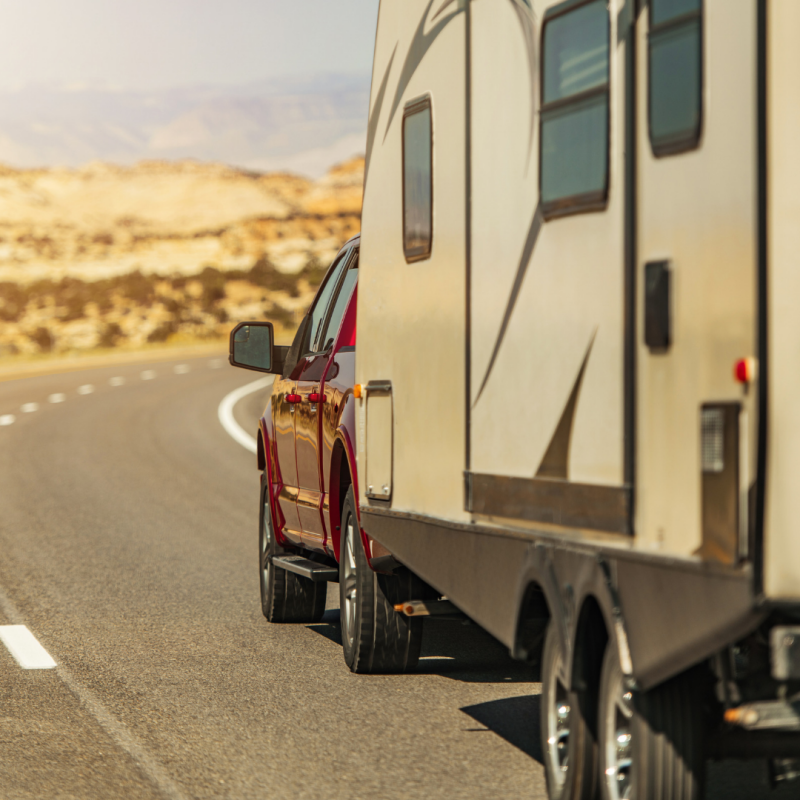
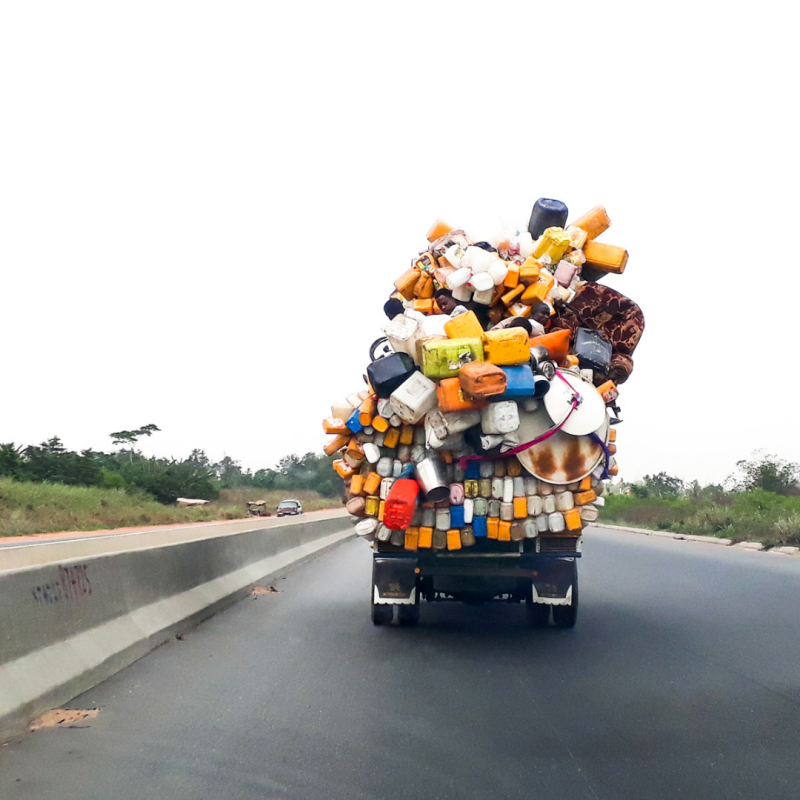

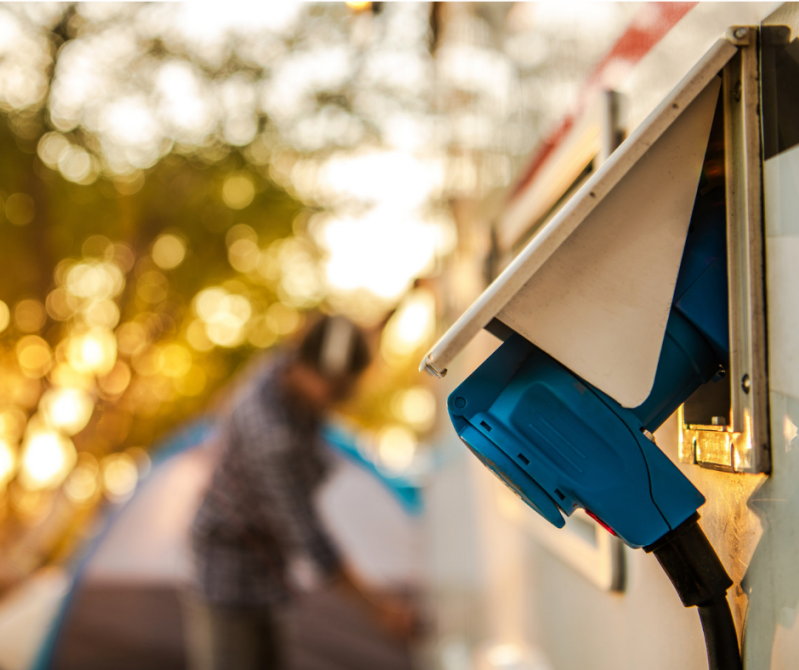
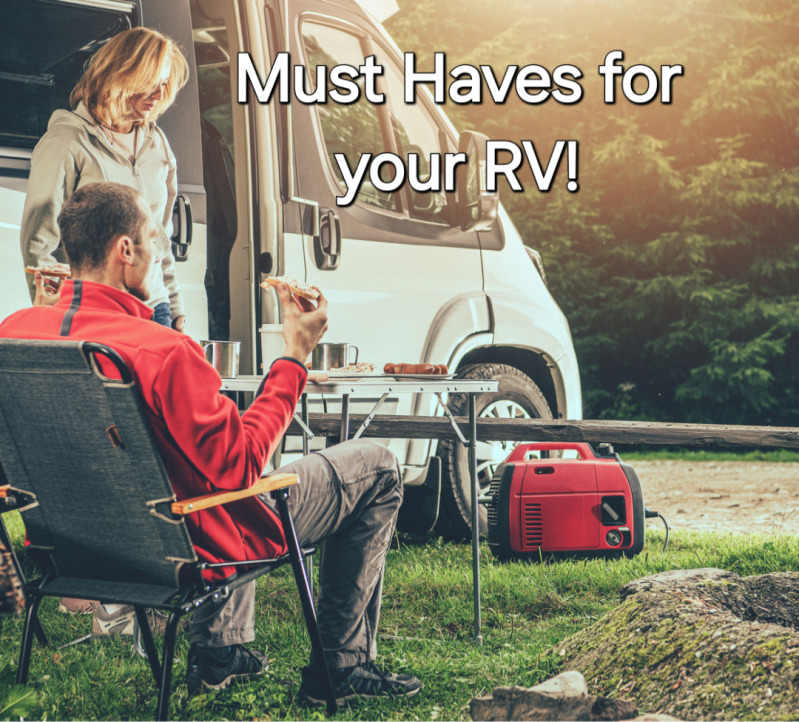
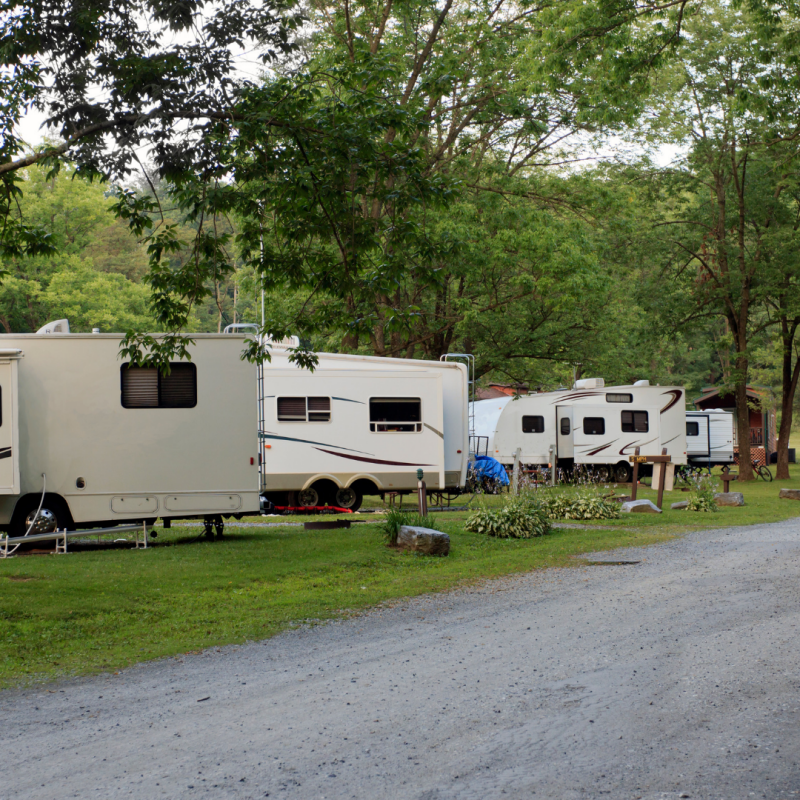
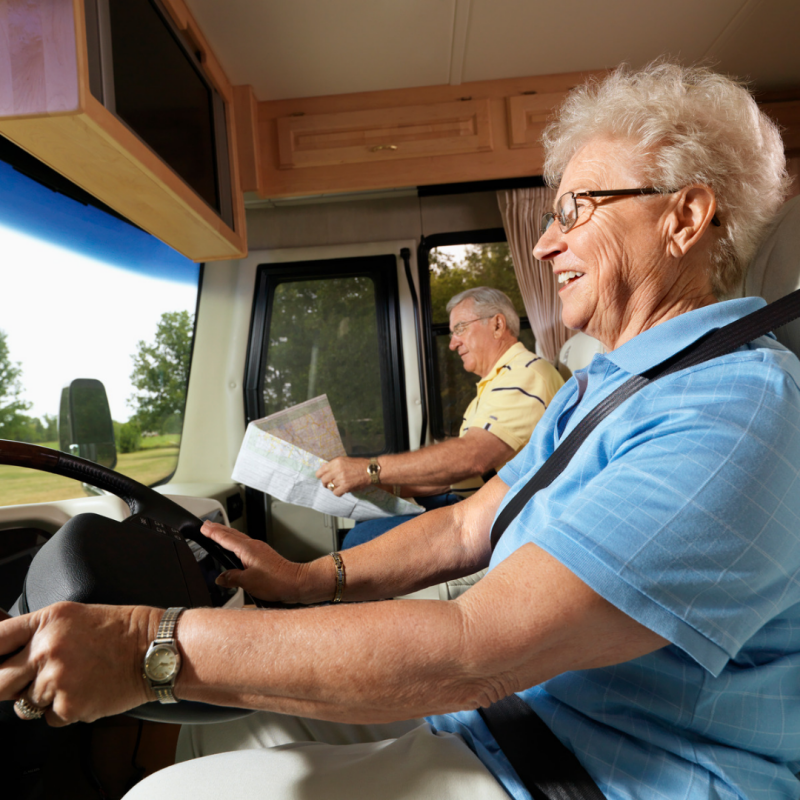
Add comment
Comments